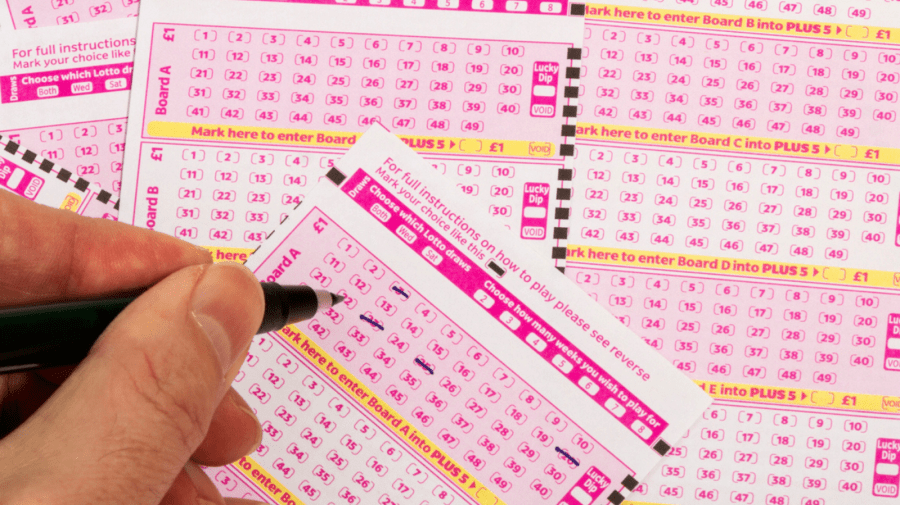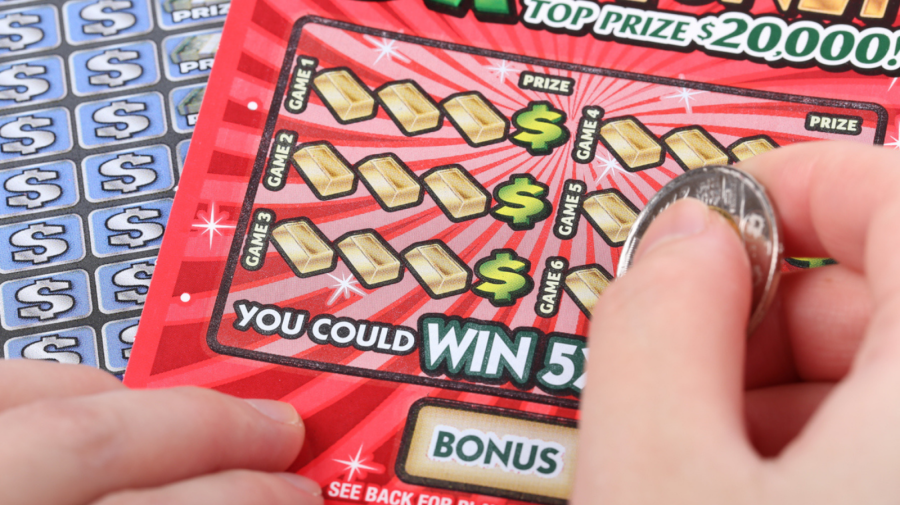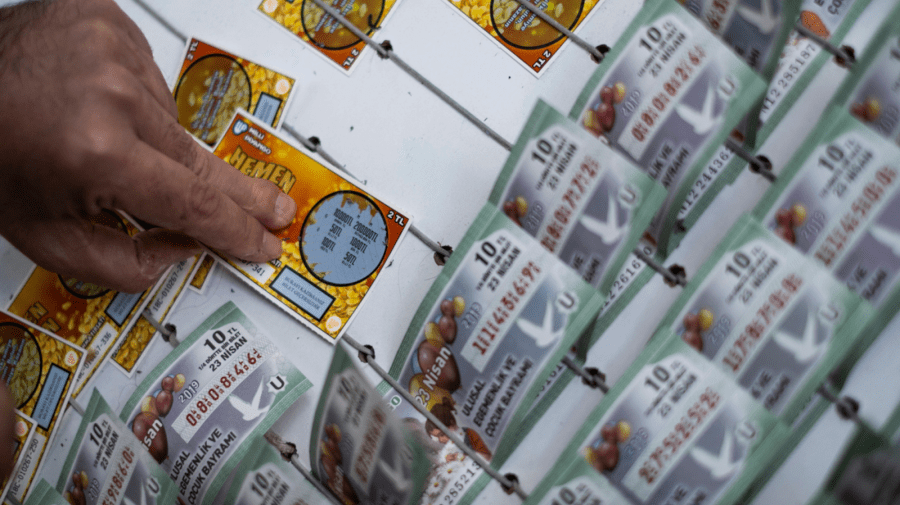Easy Way to Roll a Jelly Roll

Maybe you've heard about Powerball's record-breaking jackpot of $1.58 billion in 2016! Perhaps you've thought about playing the lottery for the first, or you might be a seasoned player who's looking to learn new tricks. This article has got you covered on all things related to the lottery, including the million-dollar question of how many lottery tickets are in a roll.
Before you start claiming that huge lottery win, it's paramount to get acquainted with the dos and don'ts of the game. Take a look at how lottery tickets work, the rules and regulations that govern lotteries and scratch ticket purchases, and strategies to increase your chances of winning cash or prizes.
How Do Lottery Tickets Work?

Lottery tickets are a type of gambling game, also known as scratch-off tickets or scratch-and-win games. How this game works is quite simple; the winning code is concealed somewhere on each ticket, and players must scratch off the coating to reveal a series of numbers, letters, or symbols. If your ticket contains the winning numbers provided, then you win!
In some states, winning large prizes requires you to show up at the lottery headquarters with the winning ticket. On the flip side, losing means you'd have to try your luck next time, keeping in mind that buying extra tickets cost money you can't get back if you lose! Nonetheless, each roll of lottery tickets guarantees a certain number of winners. The amount of winning tickets varies based on the game, making lottery tickets a game of pure chance.
Over the last few decades, lottery tickets have evolved into a popular form of legal gambling. Winning tickets are predetermined at the time of printing, then distributed for sale in retailer stores in large rolls. Though the structure may differ across different lottery tickets, most maintain a solid security system to prevent fraud. Often, they will use randomly encoded tickets using a series of computer-generated numbers, letters, or symbols that are pretty difficult to decipher. The coating is impressively opaque, enshrouded with confusing patterns, and wrapped tightly in a roll to prevent anyone from seeing the hidden code prematurely.

Most states have individual rules and regulations that govern lotteries and scratch ticket purchases (primarily because lotteries fall under each state's jurisdiction). However, lottery tickets are generally subject to the following rules and regulations across most states:
- Age restriction: You have to be at least 18 years old to play, though some states allow adults to buy the tickets for their kids as gifts.
- Sale price: Retailers have to sell a ticket at the fixed price set by the state's commission.
- Licensing: The retail agent must meet the standards required to obtain the required license to sell lottery tickets.
- Distribution across states: You have to travel to a state or province to buy lottery tickets. Otherwise, lottery tickets cannot be sold by mail, telephone, or other types of interstate commerce.
- Retail agents playing the lottery: Usually, employees of lottery supplies and their immediate families cannot play the lottery. While it's hard to crack the code to one's favor, some states believe it would damage public confidence if employees happened to win a large prize.
- Winners' identity reveal: For credibility purposes, most states will require access to governmental records for a public announcement of the winners' identities. This helps to show that there are actual winners, so you cannot remain anonymous if you win.
What Are Some Strategies to Increase the Chances of Winning?

While the lottery tickets are air-tight and based purely on chance, you can use a few strategies to increase the chances of winning. To get the most from your lottery tickets experience, here are a few strategies that you could try.
Make Sure the Tickets You're Looking To Buy Have Prizes Left on Them!
Some lottery tickets have a slim chance of winning. Others may simply have no prizes left! The best way to go here is to do a little research before buying any lottery tickets. Make sure to visit the lottery's website to see if any prizes are remaining on the tickets you're looking to buy.
Buying in Bulk
Your next play is to calculate the odds of winning and try to increase the odds in your favor. When you buy groups of cards or even an entire roll, you'll increase your chances of winning since each roll guarantees a certain number of winners. Keep in mind that you'll likely spend a few hundred dollars or more taking this route! At your best bet, you could get a good return on the investment, though it may very well go south and earn you less than the amount you spent.
Play the More Expensive Cards
Based on logic, fewer players will likely afford the more expensive cards. Therefore, the probability of winning larger prizes is higher than playing $2 scratch-offs with many players and smaller cash prizes to be won.
How Many Lottery Tickets Are In a Roll?

Now that you have all the information you need to play lottery ticket games, here are the number of lottery tickets you can buy in a roll.
The number of tickets in a roll depends on the price of an individual ticket. Prices can range from $2, $5, $10, or $20, while the lottery tickets can have 15, 30, 60, or 150 tickets in a roll. Each roll has a standardized price of $300.
Overall, most people who play Scratch-Off games lose as the odds are highly stacked against you winning. So make sure to set a budget and always spend what you can afford to lose.
Source: https://www.reference.com/world-view/many-tickets-roll-lottery-tickets?utm_content=params%3Ao%3D740005%26ad%3DdirN%26qo%3DserpIndex&ueid=b8245673-90c4-4441-b295-9b881765f9e4
0 Response to "Easy Way to Roll a Jelly Roll"
Post a Comment